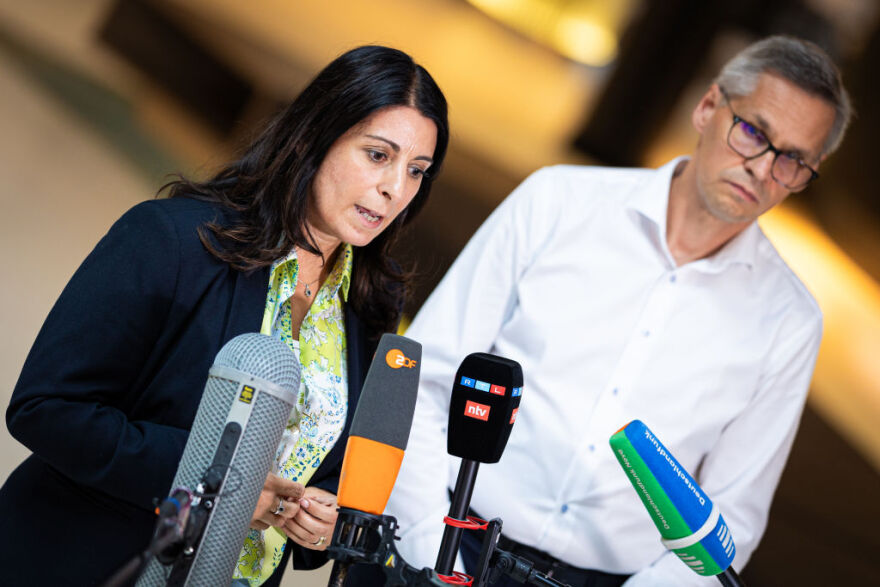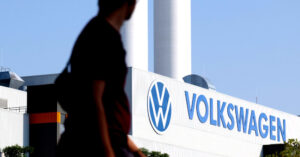The changes Volkswagen are world-changing, with the German automaker’s leadership team announcing today to labor union leaders that it is ending a 30-year-old agreement that protected workers from layoffs.
Volkswagen is going through the worst period in its history, following the trajectory of the German economy, which is on the brink of recession.
The automaker, as reported by the New York Times, had warned last week that it must restructure its main brand to remain competitive in the face of reduced demand in Europe and around the world, as well as increased competition from China.
The job protection clause in the deal between Volkswagen and the IG Metall union, which covered workers in the auto industry and other heavy industries, has been in place since 1994 and protected workers from layoffs until 2029. Volkswagen said the agreement would remain in force until the end of the year and that layoffs could begin as early as June 2025 at the earliest.
The measures may include the closure of one or two assembly plants in Germany, which would be unprecedented in Volkswagen’s 87-year history.
The company said the decision to leave the deal that offered job security, along with other labor agreements, was necessary to secure its future. “We need to put Volkswagen in a position to reduce costs in Germany to competitive levels so that we can invest in new technologies and products with our resources,” said Gunnar Killian, head of human resources and labor relations at Volkswagen.
Daniella Cavallo, head of Volkswagen’s labor council and a member of IG Metall, pledged to fight to defend the deal. “We will strongly resist this historic attack on our jobs,” said Cavallo.

In addition, Volkswagen is terminating other agreements, including one that required it to offer permanent jobs to and apprentices at the company, as well as a deal that offered temporary workers wages above industry standards.
Nearly half of Volkswagen’s 650,000 employees worldwide are in Germany. The company and the union are expected to begin negotiations on a new wage deal this fall, with the union demanding a 7 percent wage increase and pushing to prevent plant closures.
Volkswagen Group, which owns 10 brands including Porsche and Audi, also informed union leaders at a Brussels factory last week that it does not intend to resume production of the Q8 model there after 2025. If no new models are found, the plant will close and 3,000 jobs will be lost.
Ask me anything
Explore related questions





